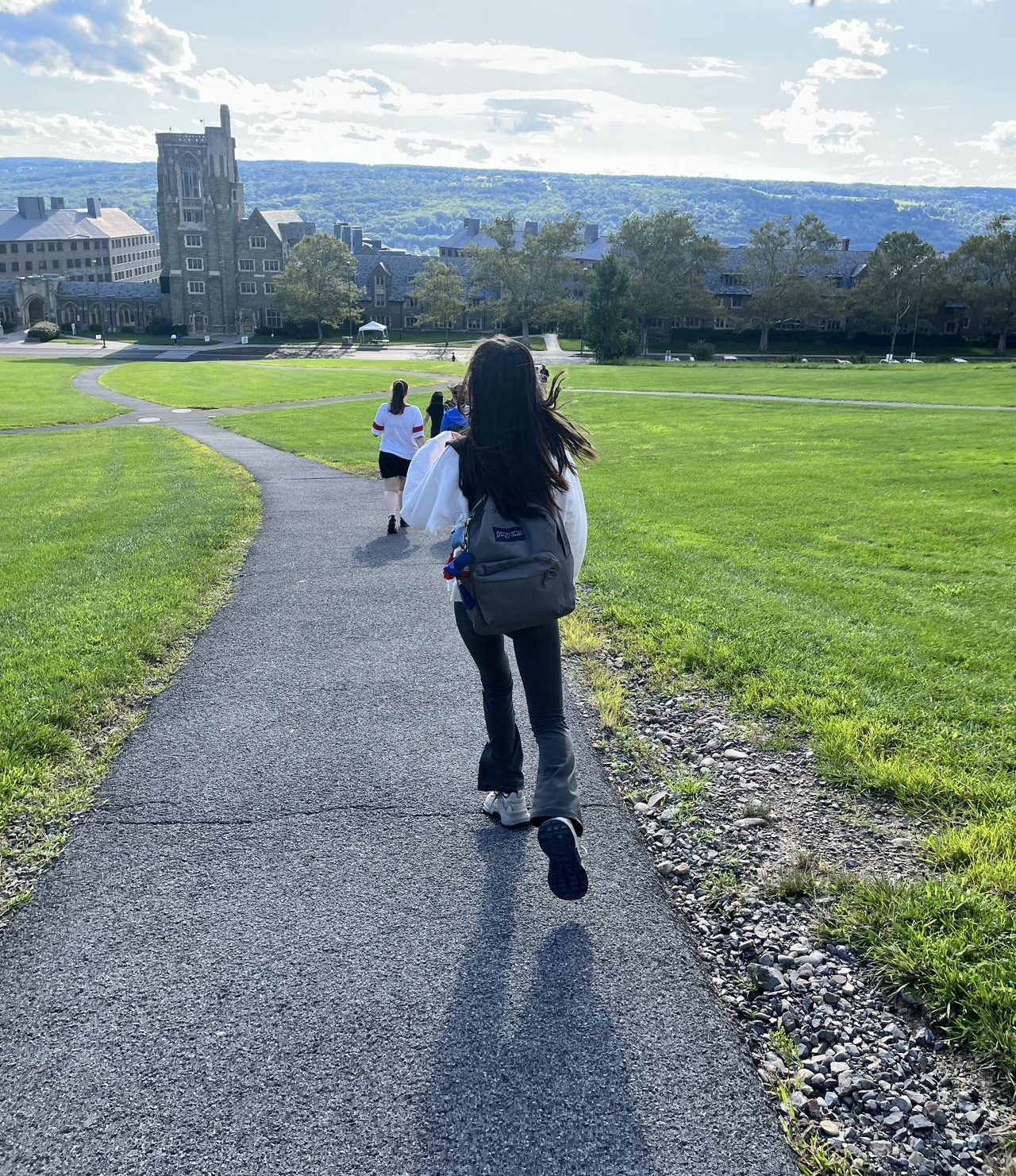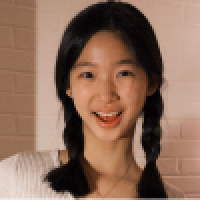My Experience Studying Communication at Cornell

Blog Post
The field of Communication is incredibly vast, covering everything from practical marketing to in-depth social science research. As a new first-year student, this might seem overwhelming. Thankfully, at Cornell, I’ve had the chance to explore so many areas within this field and find my ideal fit in the Department of Communication.
Finding My Fit Through Internships
Entering as a first-year student last fall, I began with an open mindset, hoping to explore production, marketing, advertising, and public relations. Despite my initial uncertainty about my concentration, Cornell quickly helped me narrow my focus within this expansive subject. Thanks to the extensive resources and extracurricular opportunities available, I can confidently say I found so many ways to find the path that suits me best.
Before arriving on the Ithaca campus, I remember scrolling through my new Cornell inbox and discovering emails from the Communication department about a Media Intern position, along with other internship opportunities. I applied for the position and was fortunate enough to receive an offer. As an incoming student who didn’t know any fellow students or professors, this was a fantastic way to familiarize myself with the department and the school. I connected with juniors and seniors in and beyond the Communication field and chatted with professors about their research.
From there, I continued to participate in publicity and social media roles for other student organizations, like the Cornell Daily Sun. These hands-on experiences really brought the academic side of college to life. They gave me a sneak peek into my future career and helped me build new connections. Now, I am working as an ambassador and student assistant for the College of Agriculture and Life Sciences, where I connect with prospective students and share my experiences. It’s up to you to reach out and see where your journey at Cornell will take you next!
“Trust the Process” in Classes
When it comes to the curriculum and choosing classes, don’t be afraid! College classes might seem daunting right out of high school, but they’re often more interdisciplinary and enjoyable than they are difficult. Take courses that genuinely interest you without worrying too much about their difficulty.
As a first-year student, I took COMM 2310: Writing about Communication, despite some upper class students suggesting I wait. Although it was indeed initially challenging, I became a much more versatile writer in professional, academic, and even social settings. One aspect of the class I enjoyed was revising my own work through metacognition. Eventually, I ended up with several pieces of writing I’m very proud of. Next semester, I’ll be an undergraduate teaching assistant for this course—something my past self would never have believed.
Since I’m minoring in information science, I also took INFO 3200: Tech, Behavior, and Society. I’ve always loved exploring technology, but didn’t see it as part of my future career. This course changed my mind – we learned to critique the complex information society, understand how new media affects our cultural and economic environment, and engage with contemporary controversies around new media.
Research Potential
I never really thought about research before coming to Cornell, but it was the introductory course (COMM 1101: Introduction to Communication) that opened my eyes to these academic possibilities. This theory-based course connected the concepts we learned to various research categories within the department.
Cornell’s research in Communication spans many different areas, including technology and social media, science and health communication, media studies, and social inequality. The wealth of resources in the department here makes it easy to jump into research. What I found most inspiring was how professors made it clear that research isn’t just for graduate students; undergraduates are welcome to contribute and make a difference. The research-related assignments also help demystify the research process and make those skills accessible to any student. By the end of my first year, I was not only more knowledgeable but also more curious about involving in the many possibilities of communication research.

